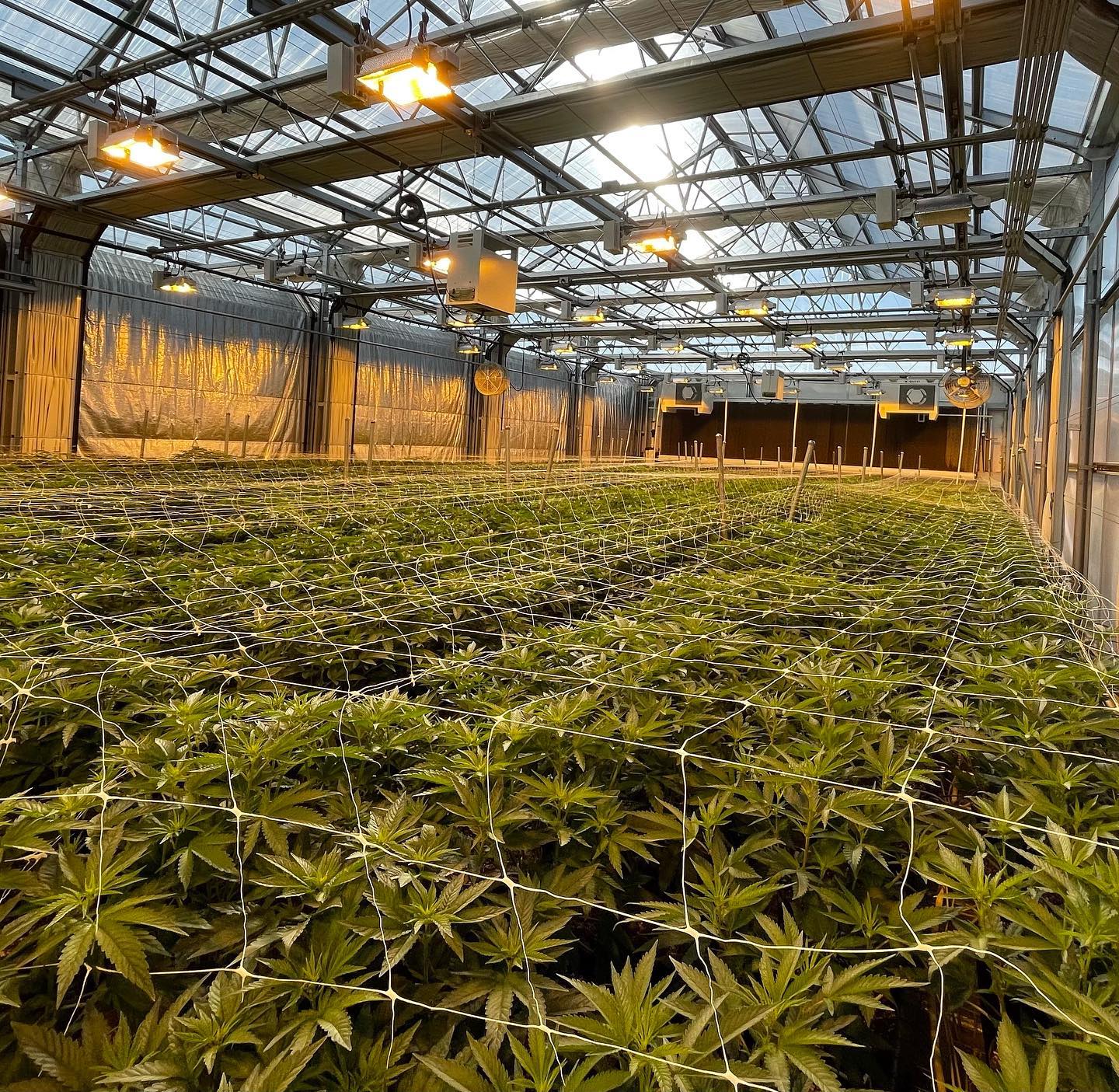Congress might not pass the 2023 Farm Bill until 2024, a leading Senate Republican recently indicated. Such a delay would mean more waiting – and more uncertainty – for the U.S. hemp industry.
That includes sellers and manufacturers of products containing controversial intoxicating hemp-derived cannabinoids such as delta-8 THC.
Congress has been gridlocked for most of the past month while the drama to select a new speaker for the House of Representatives played out.
Republicans on Wednesday elected relatively unknown Louisiana Rep. Mike Johnson, meaning legislative action might return to normal soon.
But that decision might not leave enough time to pass a new Farm Bill before an end-of-year deadline, according to Arkansas Senator John Boozman, the top Republican on the Senate Agriculture Committee.
What is the Farm Bill?
The Farm Bill, a comprehensive piece of legislation, plays a vital role in shaping policies and funding for various agricultural and food programs in the United States. It encompasses a wide array of topics, including crop insurance to protect farmers from unforeseen risks, conservation efforts to safeguard the environment, nutrition assistance programs to ensure access to healthy food for vulnerable populations, and research initiatives to drive innovation in the agricultural sector.
One of the key components of the Farm Bill is the regulation of hemp and hemp-derived products. With the passing of the 2018 Farm Bill, the cultivation, production, and sale of hemp and its derivatives, like CBD, became legal, provided that they contain less than 0.3% THC. This move has opened up new possibilities and opportunities for farmers and entrepreneurs in the hemp industry, while also addressing the growing demand for hemp-based products in the market.
Why is the Farm Bill important for the U.S. hemp industry?
The Farm Bill, officially known as the Agriculture Improvement Act, provides a robust legal framework for the hemp industry to operate within the United States. This comprehensive legislation establishes clear guidelines for the cultivation, testing, and labeling of hemp products, ensuring consumer safety and product quality.
Moreover, the Farm Bill not only ensures compliance with federal regulations but also grants hemp farmers and businesses access to a variety of important federal programs and resources. These include valuable opportunities such as crop insurance and research grants, which can significantly support the growth and development of the hemp industry.
Additionally, the Farm Bill plays a pivotal role in facilitating interstate commerce for hemp products. By removing certain barriers and restrictions, it enables the seamless transportation and sale of hemp goods across state lines. This opens up vast new markets and economic opportunities for hemp farmers and businesses, while also fostering increased consumer access to a diverse range of high-quality hemp products.
With its detailed provisions and far-reaching implications, the Farm Bill stands as a landmark legislation that not only supports the hemp industry but also contributes to the overall growth and development of the agricultural sector in the United States.What are the implications of the delay?
The delay in passing the 2023 Farm Bill has significant implications for the U.S. hemp industry. Without a new Farm Bill in place, the industry will continue to operate under the provisions of the previous bill, which may not adequately address the current challenges and opportunities.
For sellers and manufacturers of hemp-derived products, such as delta-8 THC, the delay means continued uncertainty. The legal status of these products could be called into question, leading to potential disruptions in the market.
Additionally, the delay hampers the industry's ability to plan and invest for the future. Without a clear regulatory framework, businesses may hesitate to make long-term commitments, hindering growth and innovation in the sector.
What can the U.S. hemp industry do?
While the fate of the 2023 Farm Bill remains uncertain, the U.S. hemp industry can take proactive steps to mitigate the impact of the delay.
Firstly, industry stakeholders should continue to engage with lawmakers and advocate for the passage of a new Farm Bill. By highlighting the economic and environmental benefits of hemp, they can build support for the industry and encourage timely legislative action.
Secondly, businesses should focus on compliance and quality control. Adhering to existing regulations and maintaining high standards will help build trust with consumers and regulators, ensuring the long-term viability of the industry.
Lastly, the U.S. hemp industry should explore alternative avenues for growth and expansion.
This could include exploring international markets, diversifying product offerings, and investing in research and development to unlock new opportunities.
While the delay in passing the 2023 Farm Bill presents challenges for the U.S. hemp industry, it also provides an opportunity for stakeholders to come together, adapt, and shape the future of the industry. By staying informed, engaged, and proactive, the industry can navigate the uncertainty and continue to thrive.





